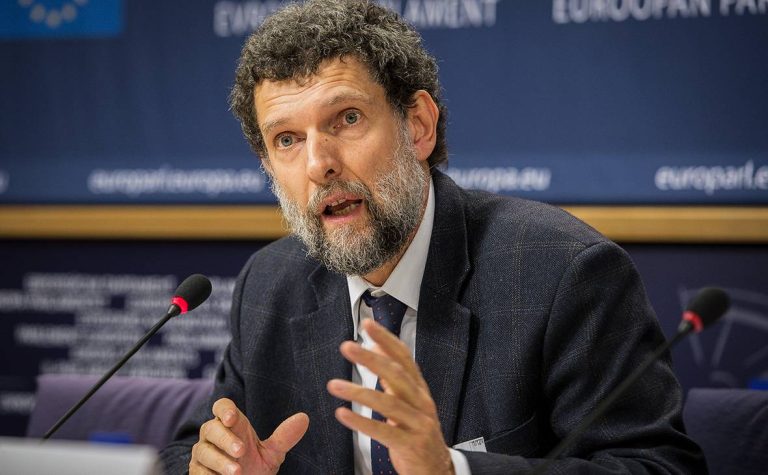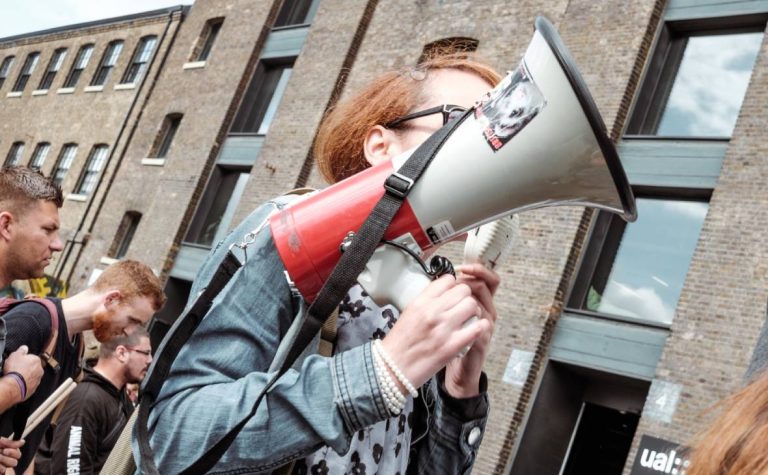As Turkey faces pressure from the international community, the Council of Europe’s Committee of Ministers is determined to act against the country for its failure to release businessman and human rights defender Osman Kavala. Despite multiple rulings from the European Court of Human Rights (ECHR), which declared his detention unlawful and called for his immediate release, Kavala remains imprisoned. The Committee of Ministers, responsible for overseeing the implementation of ECHR decisions, has given Turkey until November 29 to comply.
Kavala, who has been in detention since 2017, was originally charged in connection with the 2013 Gezi Park protests and later accused of involvement in the 2016 coup attempt. He has remained in prison without a conviction, despite several rulings of release and acquittal in Turkish courts.
The Council of Europe’s Warning
The deadline set by the Committee of Ministers for Turkey to release Kavala expires on November 29. After that, the Committee, composed of ambassadors, will convene to review Turkey’s compliance with ECHR rulings and could decide to initiate infringement proceedings. This process, albeit rarely used, could lead to serious diplomatic consequences for Turkey, including expulsion from the Council of Europe.
If the infringement process is triggered, Turkey would first receive an official notification and be given a set timeframe to respond. Should Turkey fail to meet these conditions, the Committee of Ministers could then decide to collectively refer the case back to the ECHR, asking the court to determine whether Turkey’s refusal to release Kavala constitutes a violation of the European Convention on Human Rights.
This decision would again require a two-thirds majority vote among Council members. If found guilty of non-compliance, Turkey could face severe consequences, including potential suspension of its membership in the Council of Europe or the loss of its voting rights.
Turkey has been a signatory to the European Convention on Human Rights since 1950 and has recognized the authority of the ECHR since the 1980s. Despite this, Turkey has a track record of delaying or refusing to implement ECHR rulings. The last significant standoff occurred in 2003 during the Loizidou v. Turkey case, in which Turkey was ultimately forced to pay significant reparations for human rights violations in Cyprus after years of resistance.
When European Council officials were reached out to for further clarification on the possible outcomes of the infringement process, no official comments were given. However, sources within the Council suggested that economic and political factors may play a role in the final decision.
Kavala’s Ongoing Detention
Osman Kavala’s imprisonment began on 18 October 2017, when he was arrested on charges related to the Gezi Park protests and alleged involvement in the 2016 coup attempt. The ECHR ruled in December 2019 that his detention was politically motivated, aimed at silencing him, and violated his rights under the European Convention on Human Rights.
Despite this ruling, Turkish courts have repeatedly refused to release him. Kavala’s detention has since been extended with additional charges of espionage, which he and his legal team have described as fabricated and politically motivated.
We reached out to the Kavala legal team, who reiterated their client’s frustration with the prolonged judicial process and expressed hope that international pressure would finally result in his release.
Turkey’s defiance of ECHR rulings, particularly in the case of Osman Kavala, has raised serious concerns within the Council of Europe. The country’s growing human rights violations and its refusal to comply with European legal standards have put its membership at risk.
The case of Osman Kavala has become emblematic of Turkey’s struggles with judicial independence and human rights. If the infringement process proceeds, it would be the second time the Council of Europe has taken such action against a member state, following a similar case with Azerbaijan in 2017.
For Turkey, the next few months could be a defining moment in its relationship with Europe.






